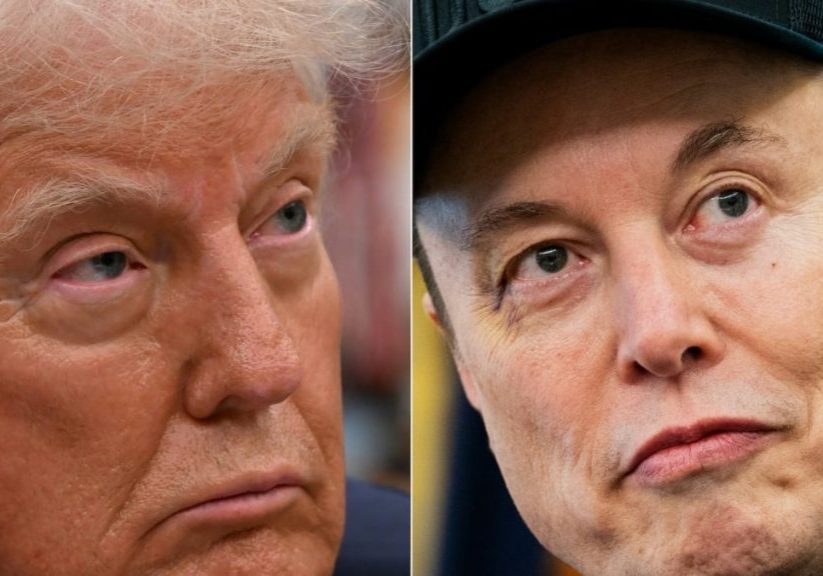Jakarta — Indonesia has banned the sale of Google Pixel smartphones, following a similar restriction on Apple’s iPhone 16, due to rules requiring a substantial portion of components to be locally manufactured. Under these rules, smartphones sold in the Indonesian market must contain at least 40% locally made parts, a move the government says will ensure fair investment opportunities within the country.
The decision came after Alphabet’s Google failed to meet this local content threshold. “We are enforcing these rules to create fairness for all investors in Indonesia,” stated Febri Hendri Antoni Arief, spokesperson for Indonesia’s Ministry of Industry, on Thursday. “Since Google’s products do not comply with the set requirements, they cannot be sold here.” He added that consumers can still purchase Google Pixel phones abroad if they pay the required import taxes, and authorities are considering measures to deactivate any Pixel phones illicitly sold in the country.
The ban on Google’s devices follows a similar action taken against Apple last week when iPhone 16 sales were blocked for the same reasons. To comply with such regulations, tech companies often increase their use of domestic components through partnerships with local suppliers.
While Google and Apple hold smaller shares in Indonesia’s smartphone market, where OPPO and Samsung dominate, the country remains a crucial target for tech companies due to its large, tech-savvy population. However, industry experts warn that these local content requirements might dampen investor sentiment. Bhima Yudhistira, director of the Center for Economic and Law Studies, criticized the move as “pseudo-protectionism” that could harm consumers and discourage foreign investment, noting that the regulation “creates a negative sentiment for investors looking to enter Indonesia.”
Indonesia’s actions underscore a rising trend among nations encouraging foreign companies to contribute to domestic industries—a strategy that, while aimed at bolstering local economies, raises concerns about its broader impact on global trade relations and market competition.









